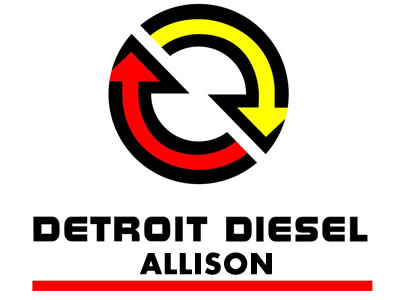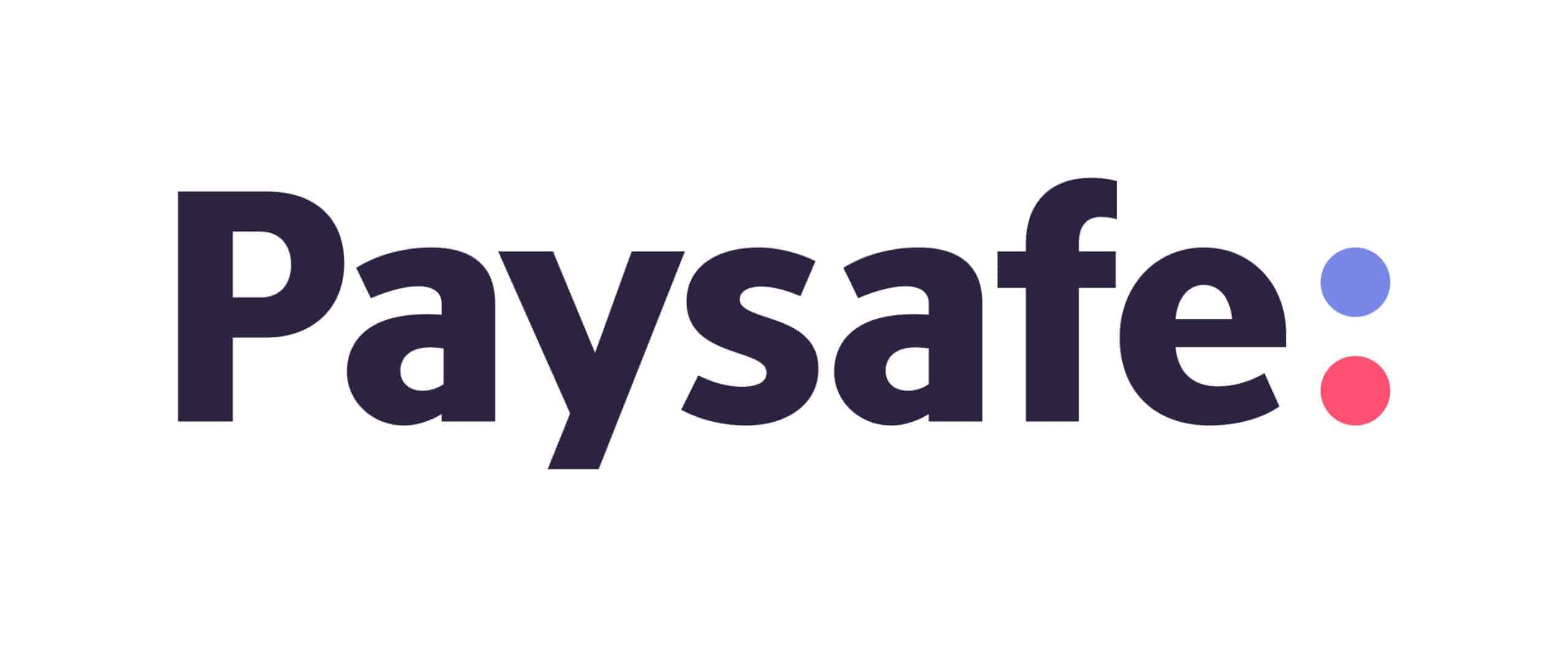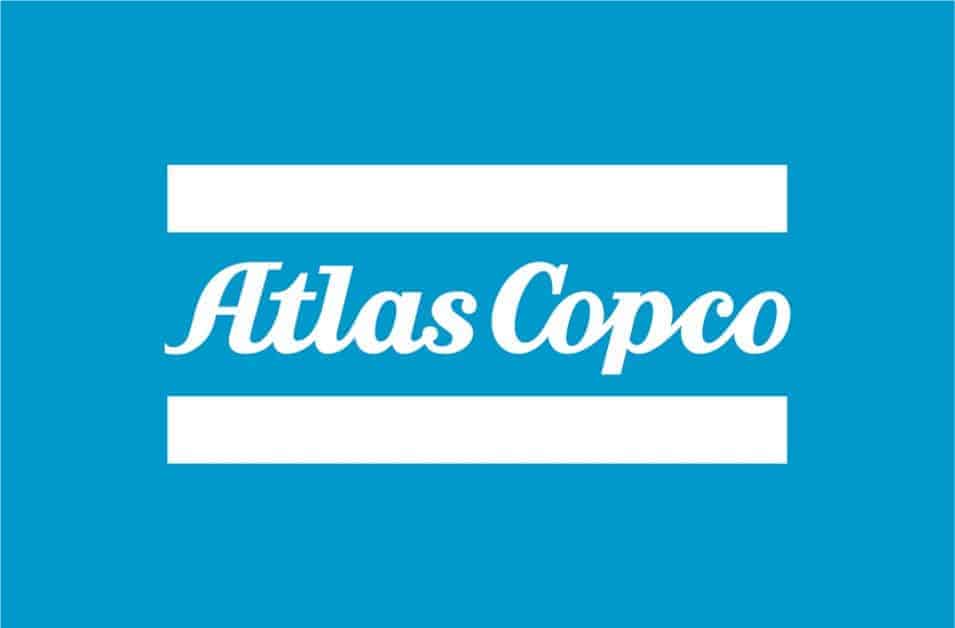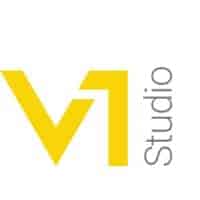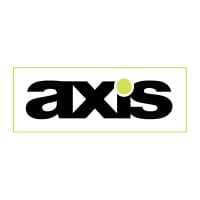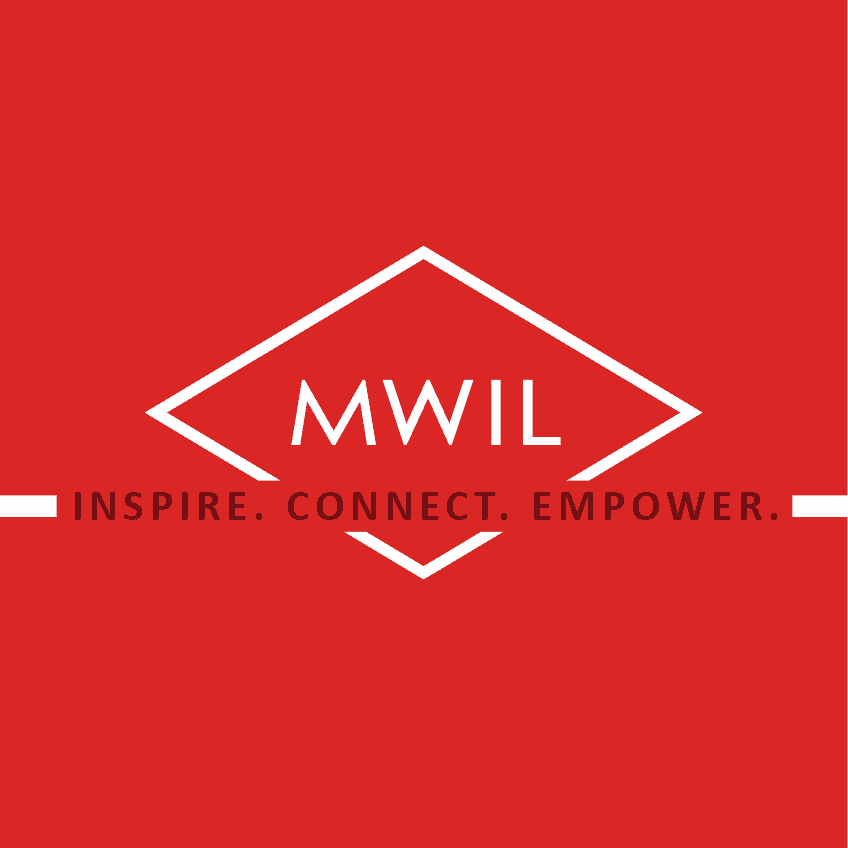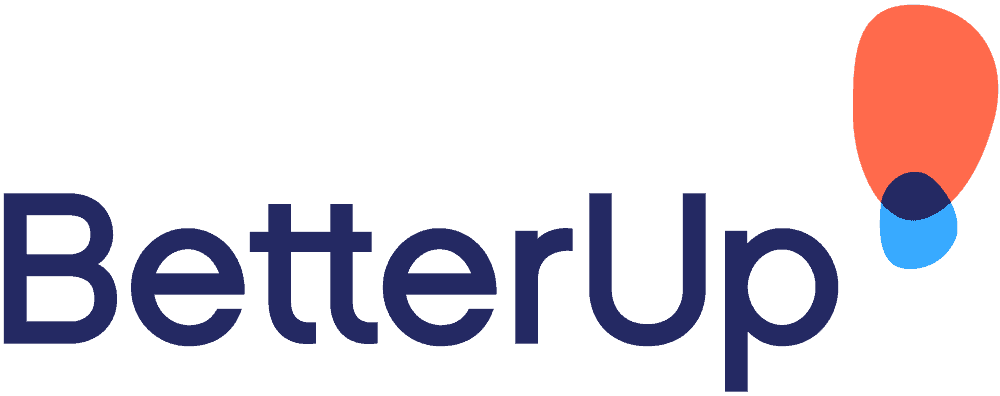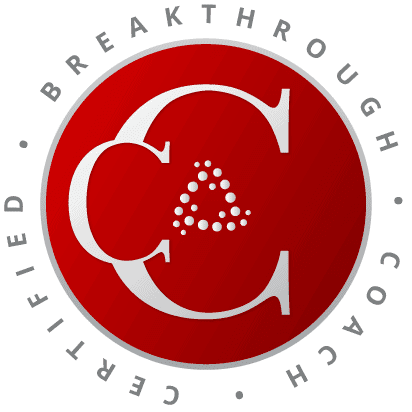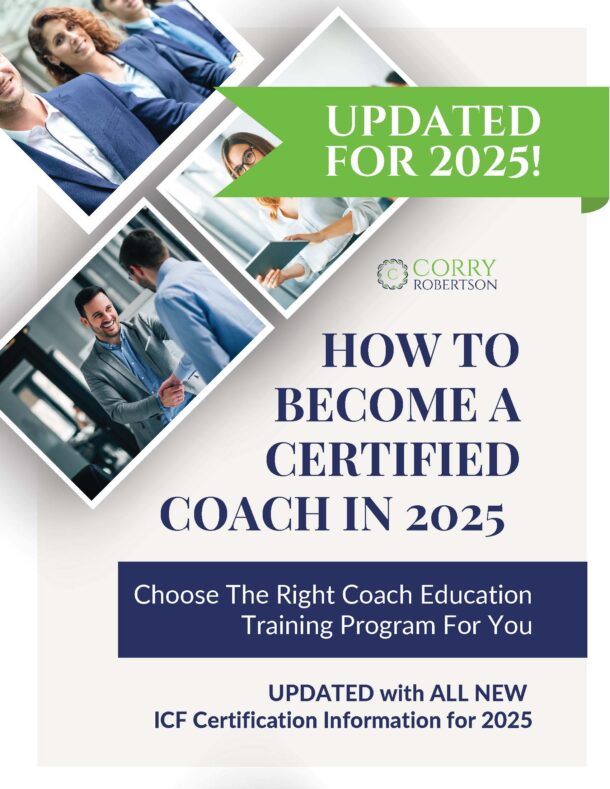Step up to your next level and
inspire your people to achieve great results
…
Leadership and Executive Coaching for Success
Leaders understand opportunities are huge and time is short. Just like the world’s best athletes who rely on continuous coaching to achieve and sustain performance, business leaders who want to accelerate success hire Executive Coaches.
Leadership and Executive coaching helps you to do bigger things than you’ve ever done before and allows the people you work with to love the journey along the way.
“
“I instantly trusted Corry and felt comfortable enough to share my insecurities as well as my failures. She is passionate about coaching and shares her knowledge and experience generously.”
Anne-Claire Petychakis
…
Are you the bottleneck in your business?
When you understand that “what got you here won’t get you there” and you know it’s time to figure out your blindspots and grow as a leader – an executive coach can be a powerful catalyst for change.
Leadership and Executive Coaching often generates an ROI of 500 to 800%, and can help you get the results you need, at an accelerated rate.
We can help you
Consciously align your team members with the company’s purpose, vision and mission
Lead productive conversations and give effective feedback that is well received and sticks
Make difficult decisions and have difficult conversations
Zero in on the priorities of the moment and stay future-focused and results oriented
Improve your self-awareness and emotional intelligence
Get a fresh perspective from a neutral third-party
You can become the leader that brings out the best in yourself and everyone around you
…
The Impact of Leadership and Executive Coaching
%
Average ROI Produced by Leadership and Executive Coaching **
%
Number of Organizations who saw a positive ROI with Coaching Engagements *
%
Number of Executives who Would Hire an Executive Coach Again *
*ICF Global Coaching Study, 2016
** Case Study on the ROI of Executive Coaching, MetrixGlobal
…
How Does Leadership and Executive Coaching Work?
1
Start The Conversation
Schedule a call and start the conversation to see if Leadership and Executive Coaching is right for you. You want to choose a coach who you’ll trust and enjoy working with – and who will also challenge you as needed. Our approach is to work with your whole nature to conduct transformational conversations that lead to your greater success and wellbeing – body, mind and soul.
2
The Coaching Engagement
The coaching conversation works by guiding you through a strategic thinking process that helps leverage your resources, knowledge, experience and talents. The coaching engagement will likely be for a period of 6 to 9 months, and during that time you will have regularly scheduled but flexible sessions with Corry.
3
The Wrap Up
Coaching is the most powerful and effective approach to enhancing human development and bringing to life accelerated, long-lasting success without burning out. Coaching engagements are intended to have a clear completion date and should provide the ability for you to learn and sustain new behaviors and skills without ongoing support. Mandate renewals are also available and are discussed when the time comes.
...
Trusted By
…
FAQ about Leadership and Executive Coaching
What is coaching?
As defined by the ICF, coaching is partnering with clients in a thought-provoking and creative process that inspires them to maximize their personal and professional potential, which is particularly important in today’s uncertain and complex environment. Coaches honor the client as the expert in his or her life and work and believe every client is creative, resourceful and whole. Standing on this foundation, the coach’s responsibility is to: Discover, clarify, and align with what the client wants to achieve, Encourage client self-discovery, Elicit client-generated solutions and strategies, Hold the client responsible and accountable. This process helps clients dramatically improve their outlook on work and life while improving their leadership skills and unlocking their potential.
How do I know if a coach is right for me?
Overall, be prepared to design the coaching partnership with the coach. For example, think of a strong partnership that you currently have in your work or life. Look at how you built that relationship and what is important to you about partnership. You will want to build those same things into a coaching relationship. Here are a few other tips: Interview more than one coach to determine “what feels right” in terms of the chemistry. Coaches are accustomed to being interviewed, and an introductory conversation of this type is usually free of charge. Look for stylistic similarities and differences between the coach and you and how these might support your growth as an individual or the growth of your team. Discuss your goals for coaching within the context of the coach’s specialty or the coach’s preferred way of working with an individual or team. Talk with the coach about what to do if you ever feel things are not going well; make some agreements up front on how to handle questions or problems. Remember that coaching is a partnership, so be assertive about talking with the coach about any concerns.
Where do coaching sessions take place?
Currently all coaching sessions take place using online conferencing software, or by phone. Once the Covid-19 restrictions are lifted, coaching sessions can also be scheduled in person.
How do I measure the success of the coaching?
Measurement may be thought of in two distinct ways: external indicators of performance and internal indicators of success. Ideally, both are incorporated. Examples of external measures include achievement of coaching goals established at the outset of the coaching relationship, increased income/revenue, obtaining a promotion, performance feedback that is obtained from a sample of the individual’s constituents (e.g., direct reports, colleagues, customers, boss, the manager him/herself), personal and/or business performance data (e.g., productivity, efficiency measures). The external measures selected should be things the individual is already measuring and has some ability to directly influence. Examples of internal measures include self-scoring/self-validating assessments that can be administered initially and at regular intervals in the coaching process, changes in the individual’s self-awareness and awareness of others, shifts in thinking that create more effective actions, and shifts in one’s emotional state that inspire confidence.
How long does coaching take?
The length of a coaching partnership varies depending on the individual’s or team’s needs and preferences. For certain types of focused coaching, three to six months of working may work. For other types of coaching, people may find it beneficial to work with a coach for a longer period. Factors that may impact the length of time include: the types of goals, the ways individuals or teams prefer to work, the frequency of coaching meetings and financial resources available to support coaching.
Is 1:1 Coaching right for you?
Let’s have a virtual coffee and discuss



